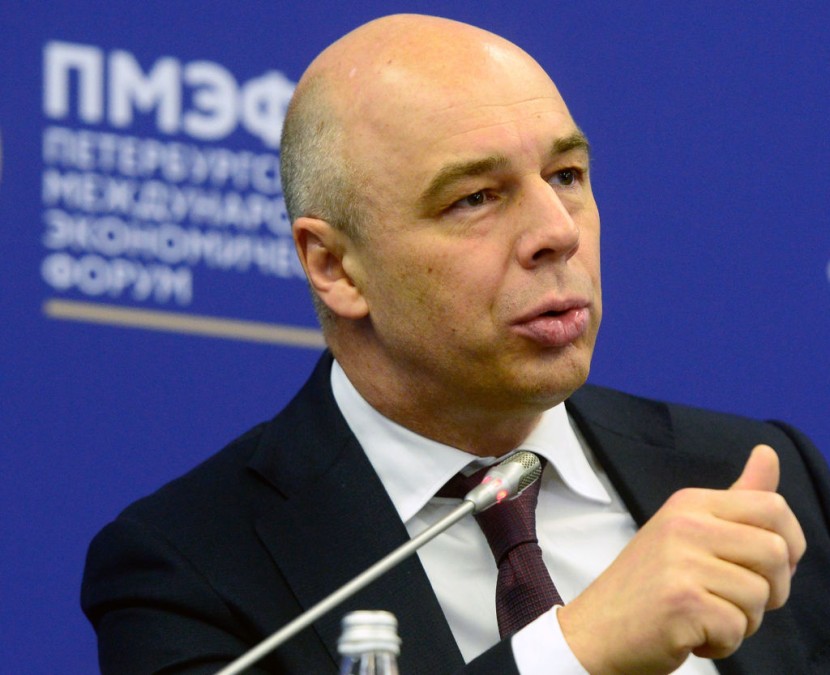
Russian Finance Minister Anton Siluanov warned that Moscow could take legal action if it were placed into default as credit ratings agency S&P said that the country was already in "selective default" on its foreign debt because it offered to pay bonds with rubles and not dollars.
The company said in a note on Friday that Russian authorities tried to use rubles to pay for two dollar-denominated bonds that matured on Apr. 4. Officials said that this amounted to a selective default because investors would not be able to convert the currency into dollars "equivalent to the original due amounts."
Russia's "Selective Default"
A selective default is declared when an entity has defaulted on a specific obligation but not its entire debt, said S&P. Now, Moscow has a 30-day grace period starting from Apr. 4 to make the payments of capital and interest, but the credit rating agency said that the country would most likely not convert its payment into dollars.
They argued that the situation is brought about by the Western sanctions imposed on Russia over its unprovoked war in Ukraine. The agency said that sanctions undermine Moscow's "willingness and technical abilities to honor the terms and conditions" of its obligations, as per CNN.
Read Also : Russia-Ukraine War: Authorities Found 132 Tortured Bodies in Ditch Near Petrol Station in Town of Makariv
Siluanov's threat of legal action was made during an interview with the pro-Kremlin Izvestia newspaper on Monday. The official's remarks sharpened Moscow's tone in its continuing financial battle with the West.
Russia is currently facing its first external sovereign default in more than a century after it said that it would be making payments to international bonds using rubles. The Apr. 4 bond required Moscow to pay roughly $650 million, but the transfer was blocked by the US Treasury, preventing Russia from using any of its frozen foreign currency reserves.
Effects of Western Sanctions
According to Reuters, Siluanov said, "Of course, we will sue, because we have taken all the necessary steps to ensure that investors receive their payments. We will present in court our bills confirming our efforts to pay both in foreign currency and in rubles. It will not be an easy process. We will have to very actively prove our case, despite all the difficulties."
It is unclear whether the issue will be resolved if Russia continues to refuse to repay the debt in dollars, as European Union sanctions will bar credit rating agencies by the end of the 30-day grace period. This will prevent them from providing any ratings to Russian entities, and they will not be able to make a judgment on whether or not a default has occurred.
Siluanov also accused countries that chose to freeze Russia's internationally held currency reserves of trying to create an "artificial default." The country's finance ministry said that if the reserves were unfrozen, then Moscow's ruble payments could be converted into dollars.
On Friday, S&P also said that it held its "CC" junk debt rating for Russia's sovereign debt in rubles because it was not sure if nonresident bondholders would be able to access their coupon payments, the New York Times reported.
Related Article: Russia Pays $650 Million in Rubles For Bond After US Treasury Blocks Dollar Transfers
Related Article:
Russia Pays $650 Million in Rubles For Bond After US Treasury Blocks Dollar Transfers
© 2026 HNGN, All rights reserved. Do not reproduce without permission.








